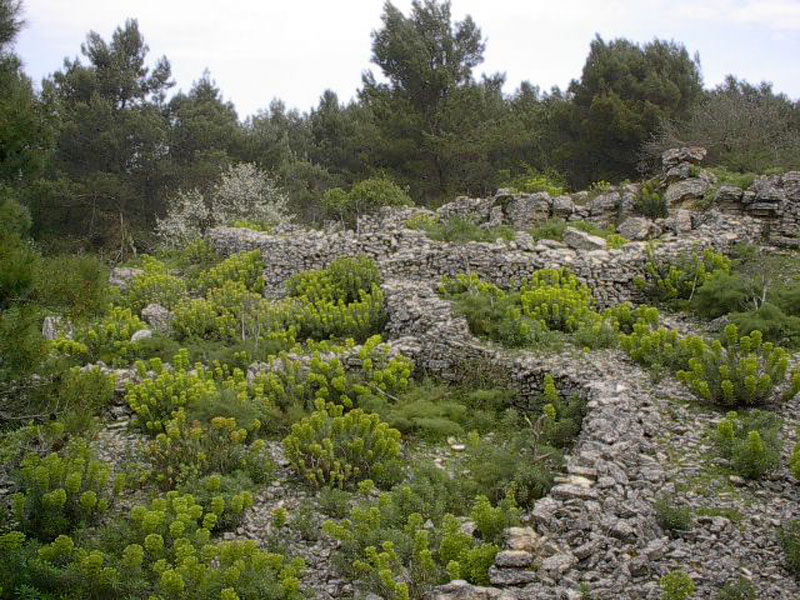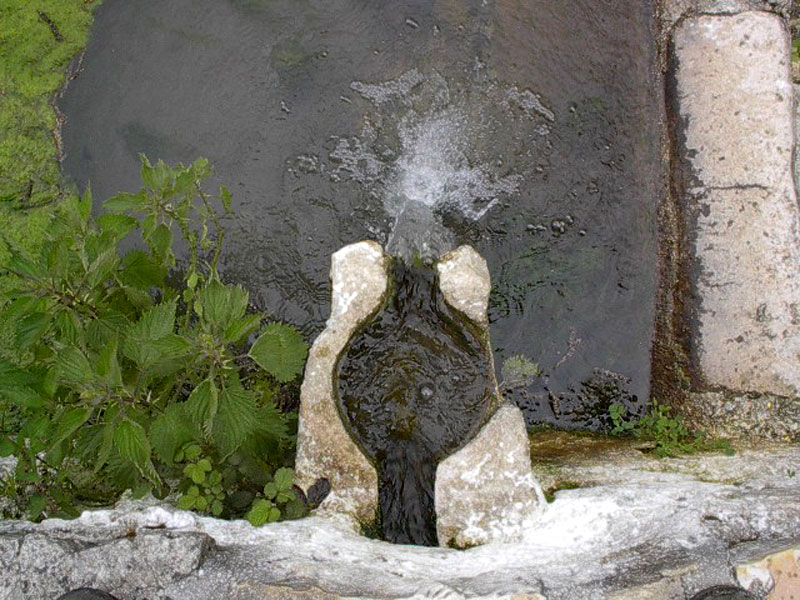Protected Area
Identity Card
- Land Surface Area: 2'552.91 ha
- Regions: Sicilia
- Provinces: Agrigento, Palermo
- Municipalities: Contessa Entellina, Giuliana, Sambuca di Sicilia
- Establishment Measures: D.A. 479/44 25/07/1997
- PA Official List: EUAP1140
Riserva Naturale Orientata Monte Genuardo e S.Maria del Bosco
The naturalistic features of the reserve represent what remains of the ancient forests covering these territories, but not only. Within the protected area there are different environments like Mt. Genuardo (1.180 m above sea level), the area of Santa Maria del Bosco, and the location Bosco del Pomo. However, from a geological point of view, the whole area is interested by slow and imposing landslides which, associated with the action of superficial erosion of the rocks, have led to the formation of wide rocky and disarticulated blocks, on the largest of which the settlement of Adranon lies. From Mt. Gurgo, in the northern section of Mt. Genuardo, this phenomenon is clear. The mountain is a carbonate massif deriving from the slow superposition of fossil deposits on very ancient seabed dating back to the Upper Trias (Secondary Era, that is at the time of the dinosaurs) and gradually through the various climatic and tectonic stages, until the clay and calcarenite deposits of the present time.
Further information (Italian text)
Flora
On the north-western slope there are natural woods mixed with reforestation areas with exotic plants. On the southern slope, the thick and continuous ilex wood is interrupted, from time to time, by nuclei of Downy Oaks (a deciduous oak species), above all where the soil is deeper, and by specimens of Hedge Maple and Manna Ash. The undergrowth is populated by several shrubs like the Hawthorn, the Dog Rose, the Spurge Laurel, the Old Man's Beard and the Evy, as well as different herbaceous species, among which the endemic Thalictrum calabricum and Iris fetidissima.
Further information (Italian text)
Fauna
The Hobby
It is a rare species of hawk. 38-48 cm long, unlike the other hawks has a shorter tail. It lives in open areas near the woods and lays eggs in old nests belonging to corvids. It hunts small birds and big insects, and looks like the Peregrine, even if it has a different plumage (and the wings are of different length): it is characterized by a pointed beak, more narrow than the one of the Peregrine, and striped lower parts. Subcaudal feathers and the feathers of the claws are brown.
Further information (Italian text)







